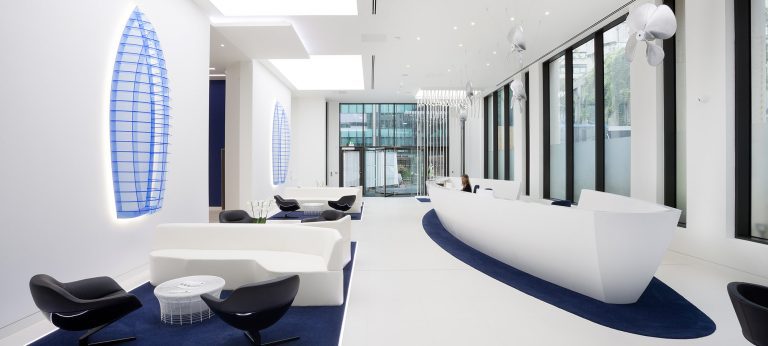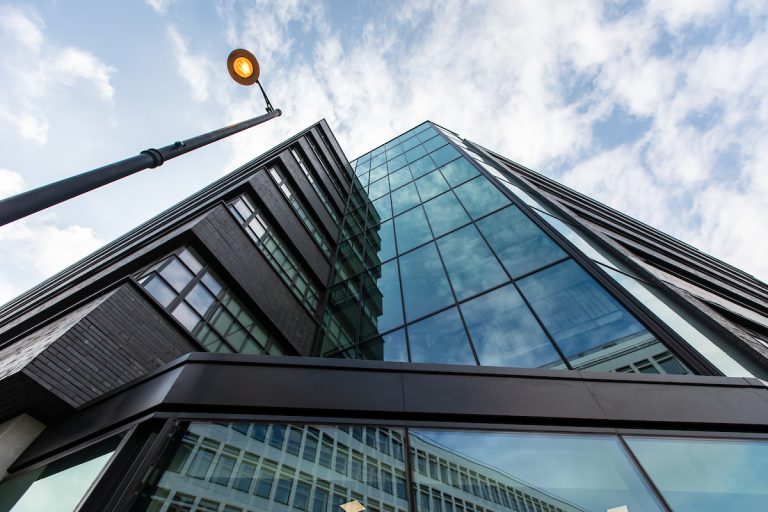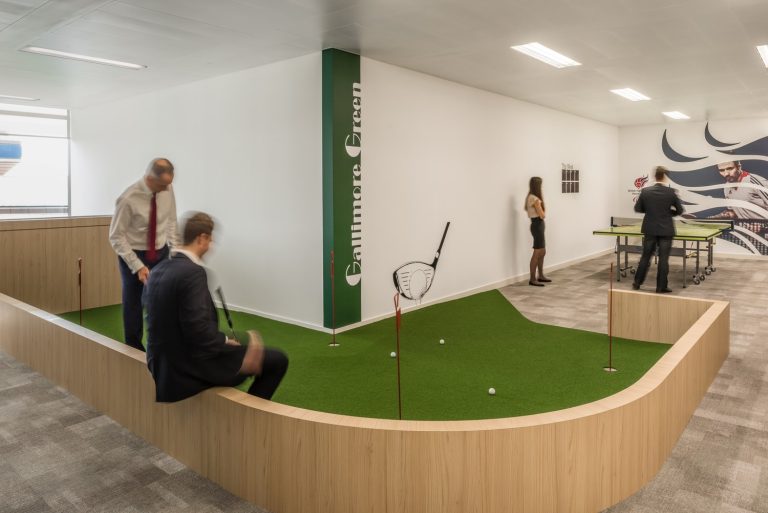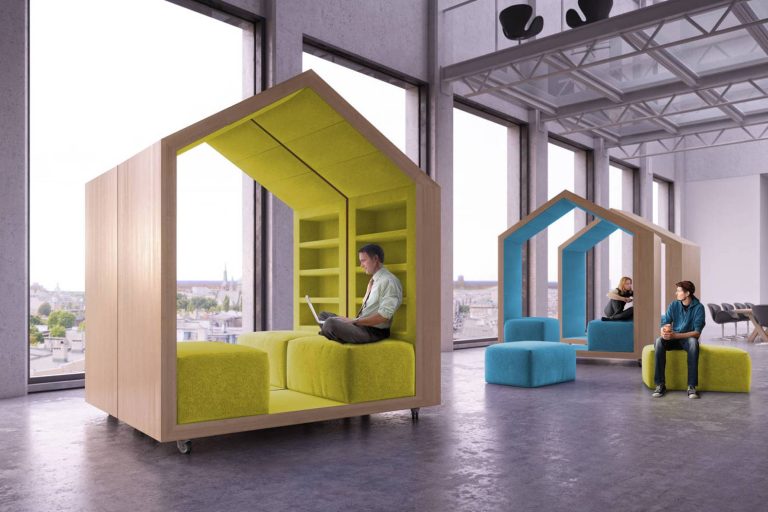More than half of companies interviewed will spend less time working from a traditional company office space in the future as corporates look to flexible options. Four out of five flexible office space users reported that they have benefitted from the enhanced work environment, with workers agreeing that their workspace has had a positive effect on engagement with their roles, resulting in much higher productivity levels. The ‘Marketplace for flexible work’ report has been conducted by The Instant Group, the flexible workspace specialist and workplace strategy firm HLW. The research found that users of co-working and flexible space are rapidly growing in numbers across a larger range of companies. And those using it are reaping further benefits in the form of greater work flexibility, growing professional networks, more business opportunities, higher levels of energy at work, and innovation. Tim Rodber, CEO, The Instant Group, said: “The trend towards flexible working has dominated the headlines for some time now and operators of this space have been driving take up in the global cities for the past two years. More than half of our respondents envision spending less time going forward working from a traditional company office space, this confirms our view that corporate occupiers in particular want far more flexibility and choice nowadays over how and where they work.” The report analysed the co-working and flexible workspace sector to gather a 360-degree perspective of the industry to determine where perspectives align and diverge among stakeholders. The research also found that location and the ability to assign or reassign employees to workspace on short notice were also important influencers when choosing flexible workspace over conventional office space. Looking forward, the research found that more than half of the companies interviewed envisage spending less time working from a traditional company office space with an increase in the number of corporates looking for more flexible options. Flexible benefits Eighty-three per cent of users of co-working and other types of flex space claim to have benefited from this growing form of work environment over the last five to ten years. The majority (71%) of end-user’s report that their workspaces positively affect the ways they engage in their work. Greater work flexibility, expanding professional networks, business opportunities, higher levels of energy at work, innovation, and a generally improved working environment were cited as some of the key benefits of working in this type of environment. A vast majority of users stated that by being surrounded by a more diverse mix of individuals they allowed themselves a greater opportunity to ‘learn often’ and that they ‘continue to learn more and more as time goes by’. Long-term satisfaction Amenity provision such as decent coffee shops, showers and wireless connectivity are key considerations when it comes to possible improvements in flexible workspaces, with nearly all respondents (89%) citing that this would improve satisfaction, alongside innovations in workplace design and the quality of the social experience. These areas of focus are at the point where the “new” market for workspace is challenging previous perceptions of the of co-working model – namely, a radical shift in the approach to design, providing more (and better) amenities, and curating the space to create atmosphere and interaction. Corporates are ‘flexing’ Corporate clients are reaping the benefits of a more engaged workforce and the associated benefits of working in flexible workspaces. The ability to choose where and when you work would appear not only to give management and workers a variety of environments that suit different working modes but also positively impact user engagement levels. The key finding for corporates was the general flexibility around work, and the ability to reduce or increase real estate costs as the business required. Tellingly, some corporate respondents even quote reduced real estate costs and greater employee productivity as being among the critical and tangible business benefits. John Duckworth, MD of UK & EMEA, The Instant Group, said: “With lease lengths on average now down to as low as 5.2 years and with the average tenancy stay around 36 months for operators such as The Office Group, the gap is closing between a ‘flex’ or ‘conventional’ approach. Increasingly the choice is becoming based more upon cashflow and strategic approach to space than the length of stay. For access to the full report, please CLICK HERE www.theinstantgroup.com Methodology The Instant Group partnered with HLW to conduct a study of over 300 respondents from the co-working and flexible work industry. Respondents completed a comprehensive questionnaire about their current perspectives of the market, the value they get from it, and how they see the market benefiting them in the future. About The Instant Group Founded in 1999, The Instant Group is a workspace innovation company that rethinks workspace on behalf of its clients injecting flexibility, reducing cost and driving enterprise performance. Instant places more than 6,000 companies a year in flexible workspace such as serviced, managed or co-working offices including Amazon, American Express, Sky, Network Rail, Serco, Teleperformance, Worldpay, and TMF making it the market leader in flexible workspace. Its listings’ platform Instant Offices hosts more than 12,000 flexible workspace centers across the world and is the only site of its kind to represent the global market, providing a service to FTSE 100, Fortune 500, and SME clients. With offices in London, Newcastle, Berlin, Dallas, New York, Los Angeles, Hong Kong, Sydney, Singapore, and Kuala Lumpur, The Instant Group employs 200 experts and has clients in more than 150 countries. About HLW HLW is a leading international full-service planning, architecture and design firm. HLW is building the future, from skyscrapers, to the workplaces of today’s most cutting-edge companies. Sustaining a successful practice for over 125 years, HLW remains a strong, innovative and progressive organization with a diverse portfolio of projects from broadcast and media, financial corporations, technology, academic institutions, and multi-family and mixed-use buildings. The multi-disciplinary firm’s mission is to create inspiring and enriching spaces that enhance that way people work, meet and interact. HLW is headquartered in New York, with offices in Madison,









